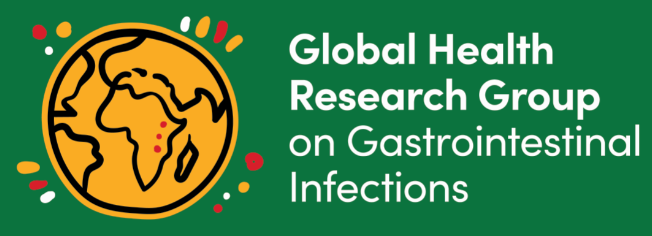About Us
Background:
Gastrointestinal infections are responsible for over 500,000 deaths annually in children under age five years; the highest mortality rates occur in sub-Saharan Africa. While diarrhoeal deaths have fallen over the past two decades, morbidity remains high. Moreover, improvements in diarrhoeal mortality have not been uniform between and within countries; populations with high rates of malnutrition, poor sanitary conditions and reduced access to healthcare suffer the greatest burden. Enteric vaccines comprise a critical public health tool to reduce the burden of gastrointestinal infections, but applied health research is required to enable equitable population benefit.
Work undertaken by the University of Liverpool in partnership with the Malawi College of Medicine and Ministry of Health informed a recommendation by WHO to introduce a vaccine against rotavirus diarrhoea in childhood immunisation programmes across Africa. The roll-out of rotavirus vaccination has reduced diarrhoeal illness and deaths in African children, but in some populations vaccination does not work well, and vaccination is received late or not at all. Vaccines against other enteric infections, including Shigella and Enterotoxigenic E Coli, are urgently needed and multiple candidates are in clinical development.
Aims and Objectives:
The GHRG-GI will apply world-leading, multidisciplinary gastrointestinal infection and vaccine research to build capacity and improve health outcomes from childhood diarrhoea in Eastern and Southern Africa. Building upon an outstanding track record of applied research in vaccine-preventable paediatric diarrhoeal diseases in Malawi, the GHRG-GI will be formed by developing new partnerships in Kenya and Ethiopia. Working closely with local communities, Ministries of Health, and other key stakeholders, this network of multidisciplinary researchers will generate the necessary knowledge and skills to address diarrhoeal disease in this impoverished region. The GHRG-GI programme will be sustained through strong South-South partnerships with ability to leverage ongoing funding, supported by a cohort of African scientists trained in applied gastrointestinal infection research. The GHRG-GI will make a major contribution to reducing the burden of vaccine-preventable enteric infections among children in sub-Saharan Africa.
We will regularly update our Theme pages with progress against our scientific aims and project objectives.
